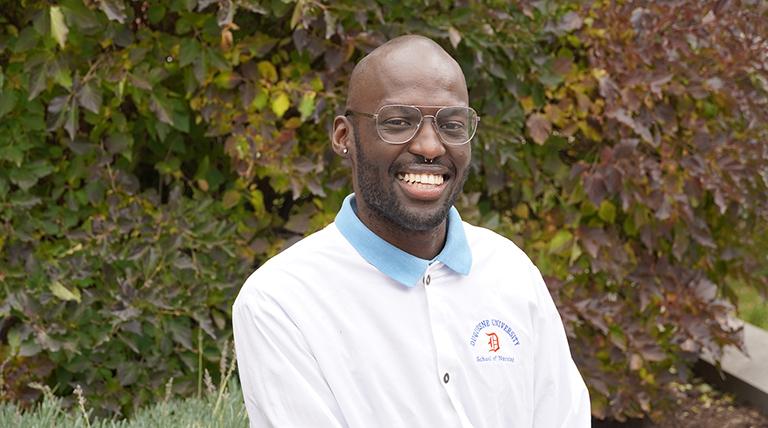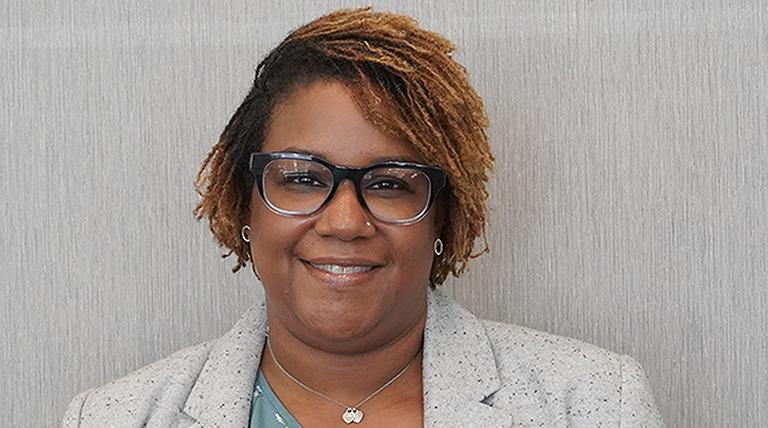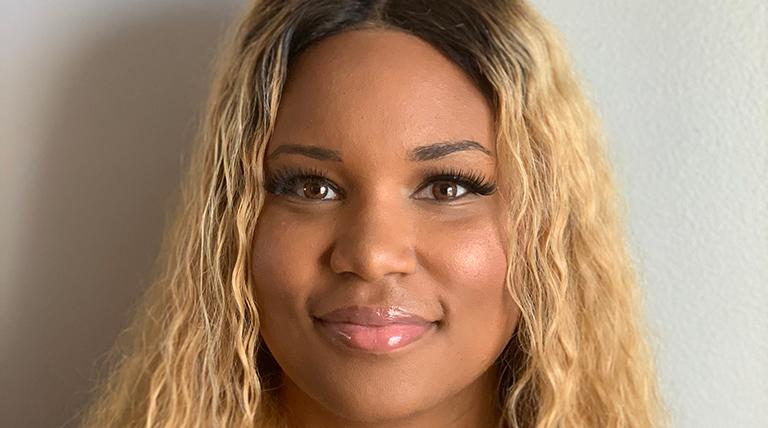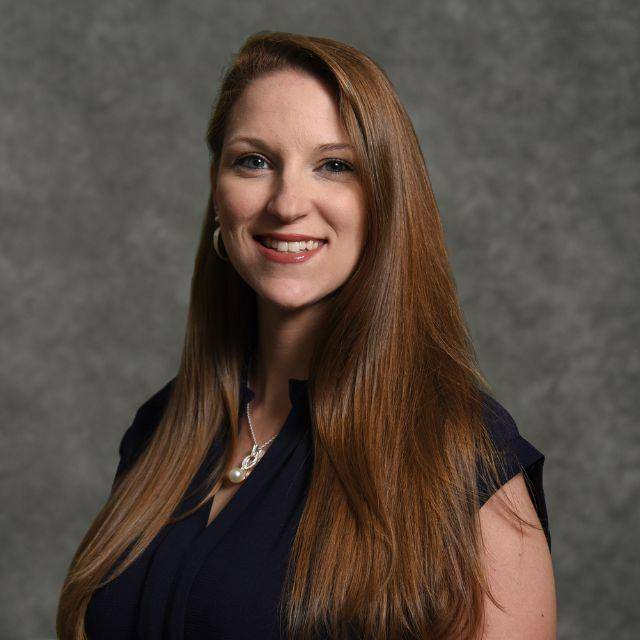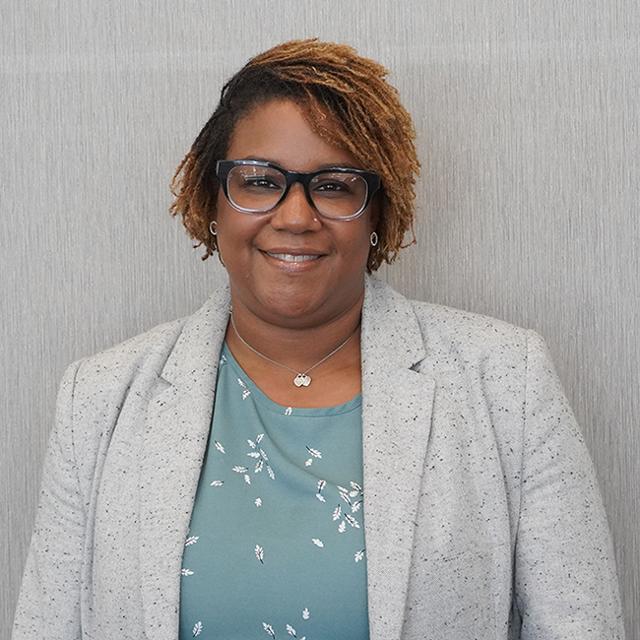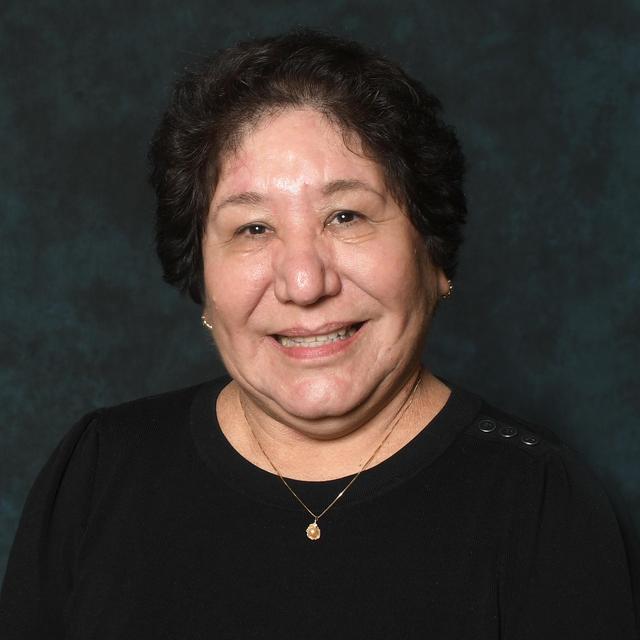Value Statement of Inclusion
The value statement of inclusion is part of the School of Nursing's larger Mission Statement. "Duquesne University School of Nursing creates an environment that values a culture of inclusion and openness for faculty, staff, students and community partners in pursuit of teaching/learning, scholarship, research and services, locally and globally."
As part of this commitment, the School of Nursing equity access program seeks to educate nurses and other healthcare providers about some of the specialized knowledge and skills we need to provide high quality care for individuals with disabilities.
Meet our nurses
We invite you to meet a few of our alumni, students and staff.
Engagement and Opportunity Committee
The School of Nursing Engagement and Opportunity Committee is committed to promoting inclusion among faculty, students and staff through programming and activities. We encourage students, faculty and staff to participate and to provide feedback and ideas for future programming and activities.
Equity Access is a Duquesne University School of Nursing educational model developed
by Dr. Rebecca Kronk and Dr. Alison Colbert. We seek to educate nurses and other healthcare providers about some of the specialized
knowledge and skills we need to provide high quality care for individuals with disabilities. Nursing students are expected to leave school with a solid foundation on how to care
for people with disabilities, along with an understanding of how people with disabilities
navigate an increasingly complex healthcare environment. However, very few nursing
programs have explicit coursework and learning objectives in this area that are evidence-based
and recognize disability as a multidimensional construct. Moreover, research suggests
that the relationship between healthcare providers and people with disabilities is
often sub-optimal, and that attitudes of discrimination and disempowerment predominate. In order to make progress in preparing the nurses of tomorrow, we must implement effective
teaching pedagogies today that can be tested, refined and replicated. Nursing education
at all levels has a recognized gap in evidence-based teaching strategies developed
to improve care for people with disabilities. Our goals: Overview of Current Equity Programs: Stages II: A Summer Theater Camp for Youth with Disabilities Consultant with Disability Simulation Program Work Directly with Nursing Students Equity Access: Online Nursing Education on Care for People with Disabilities The role of a Simulated Patient Consultant (SPC) Any person with a disability interested in helping nursing students develop the skills
to properly care for persons with disabilities. The School of Nursing receives a number of scholarship notifications throughout the
academic year from various local, regional, and national foundations and organizations.
The School forwards information to students regularly via email. It is the individual
student's responsibility to apply for such scholarships, if interested. While a partial
list of scholarships are below, the School becomes aware of different ones frequently,
so we encourage students to discuss possibilities with our staff.Resources
A one-week summer camp for youth grades 7-12 to learn to develop acting, communication
and self-esteem and self-advocacy skills. This School of Nursing and Theater Arts
Department Partnership was made possible through a grant from the Edith Trees Foundation.
This program provides a safe environment to teach, enhance, and assess the knowledge,
skills, and behaviors of future nurses. Most programs use trained actors to serve
as "disabled patients" during simulated educational exercises. At Duquesne, we aim
to give persons living with a disability a stronger voice. Instead of actors, individuals
living with a disability serve as Simulated Patient Consultants (SPC). This provides
students with a more authentic experience and provides the SPC with an active role
in shaping the care future nurses will provide.
You can work directly with nursing students to help improve care for persons with
disabilities. Duquesne University School of Nursing is seeking people with disabilities
to participate in our Standardized Patient with Disability Simulation Program. Through
this program, nursing students learn to provide competent and comprehensive care to
people with disabilities through simulated health care scenarios.
Online modules were developed to provide an introduction to the specialized knowledge
related to the care of individuals with disabilities, with a focus on advocacy. The
modules include multiple teaching strategies and can be assigned as supplemental to
existing coursework. You can explore these online modalities.
As a SPC, you will portray yourself or role-play an additional condition to provide
students an accurate recreation of what you encounter in a health care setting.



